As consumers, many of us want to know where our food and consumer goods come from. How is the land treated where your food was grown? Are harmful chemicals potentially in your clothing and bedding? Do the people who grow your food receive fair wages and basic human rights as workers?
A multitude of certifications exist for a number of consumer products and services to help inform consumers about many of these questions. Most often the certifying groups are nonprofits or government agencies who act as a third party, offering unbiased assessments of a product based on an agreed upon set of criteria. Companies who hold the certifications are allowed to display the logo on their products, websites, and marketing materials to appeal to consumers within a particular niche. To ensure that companies comply and continue to comply, they are audited by third-party organizations to verify they are meeting standards.
Because so many different types of certifications exist, they can be confusing. To help with this, we’ve compiled a list of some of the top sustainability certifications for consumer goods (many you will recognize by their names or logos). For each, we offer insight into what products and services they certify, what the certification means for the environment and society, and examples of brands or products that meet their standards.
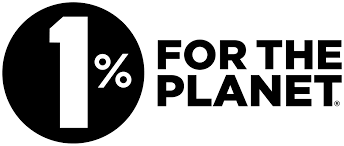
1% For The Planet
What it certifies: Businesses who commit to donating 1% of their gross profits to support environmental solutions.
Organization type: Nonprofit
What certification means: Members within the network are committed to donating 1% of gross sales through a combination of monetary, in-kind, and approved promotional support directly to environmental nonprofits. A directory of the nonprofits supported is available on their website and can be filtered by climate, pollution, water, food, wildlife, and land.
Examples of certified businesses: A Nature’s Path EnviroKidz Cereals, Timber Books independent bookstore
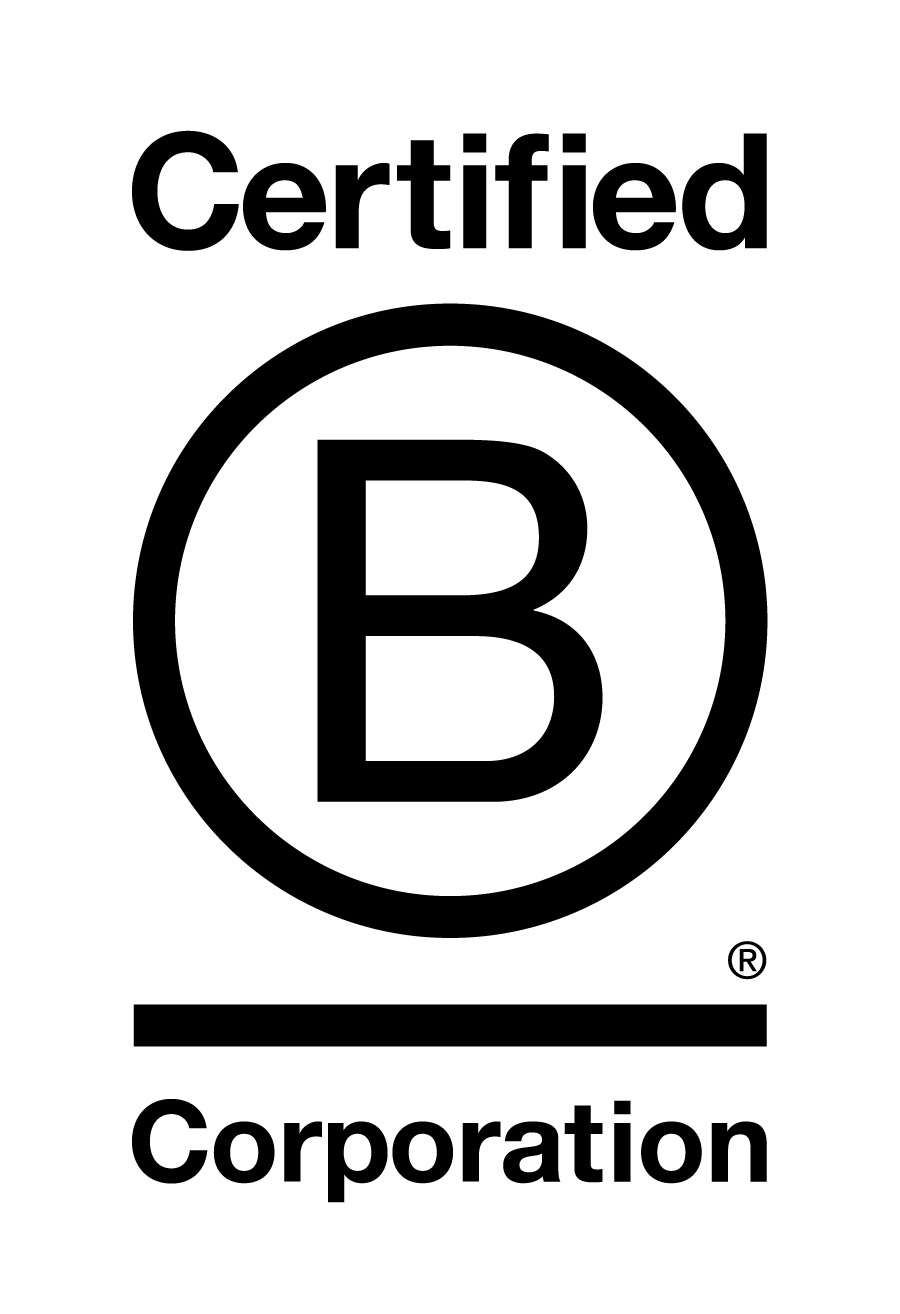
B Corporations
What it certifies: A variety of products and services from a range of industries, including engineering firms, clothing manufacturers, breweries, and accounting services.
Organization type: Nonprofit
What certification means: B Corps businesses have been certified to meet standards of verified social and environmental performance, public transparency, and legal accountability to balance profit and purpose. An example of a B Corps standard is the requirement for companies to provide health benefits to full-time, part-time and flex-time employees.
Examples of certified businesses: Patagonia, Seventh Generation, King Arthur Flour
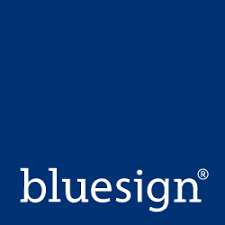
Bluesign
What it certifies: Textile consumer products
Organization type: Private
What certification means: Certification ensures environmental safety for the consumer, manufacturing with lowest possible impact on people and the environment, and a responsible use of resources. Examples include limiting levels of certain chemical substances in fabrics.
Examples of certified businesses: Some products made by Adidas, Canada Goose Inc, Nemo Equipment
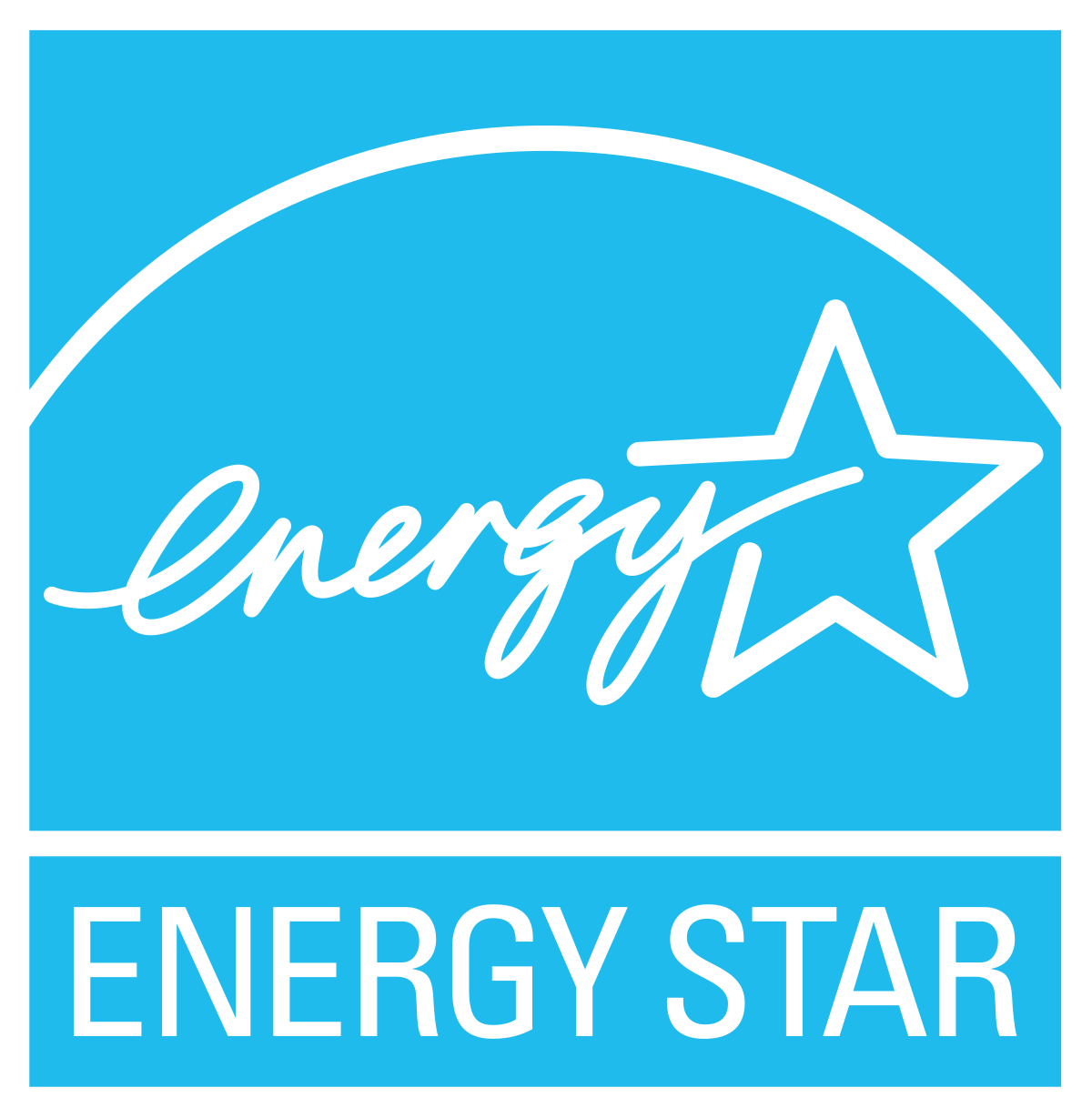
Energy Star
What it certifies: Electronics, appliances, homes, buildings, industrial plants
Organization type: Government
What certification means: Energy Star ensures cost-saving energy efficiency solutions that protect the climate while improving air quality and protecting public health. Standards include requiring washing machines to use about 25% less energy and 33% less water than regular washers.
Examples of certified businesses: Philips, Hampton Bay
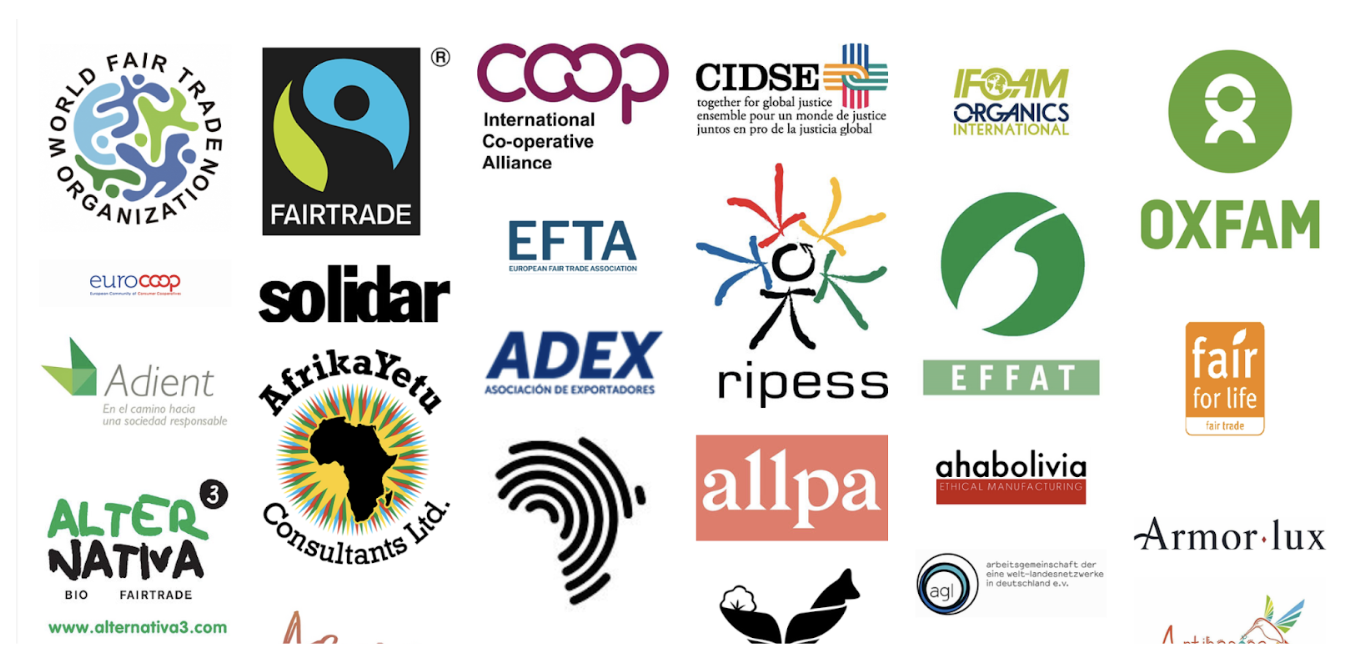
Fair Trade Certified
What it certifies: Food, beverages, flowers, clothing, health, beauty, body care, home goods
Organization type: Nonprofit
What certification means: Products have met rigorous social, environmental, and economic standards, meaning safe working conditions, environmental protection, sustainable livelihoods, and the creation of Community Development Funds. Examples include paying the Fairtrade Minimum Price and requiring traceability of products through record-keeping, transparency in trade relations, and providing pre-finance if requested by producers.
Examples of certified businesses: Certain products made by Madewell, Alter Eco Chocolate, Peet’s Coffee and Tea
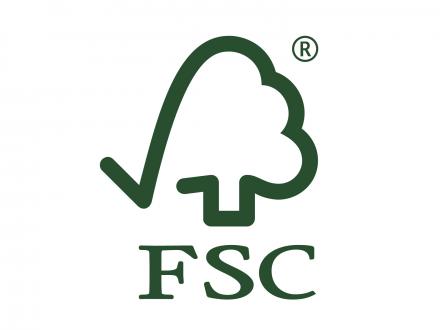
Forest Stewardship Council
What it certifies: Solid timber, textiles, fibers for retail, construction, furniture, packaging, textiles
Organization type: Nonprofit
What certification means: Materials and products meet socially and environmentally responsible standards through appropriate management of forests, chain of custody, social policy, monitoring and evaluation, quality assurance and ecosystem. Examples of FSC standards include prohibiting harvest that is larger than growth in a given period of time.
Examples of certified businesses: lumber, patio furniture
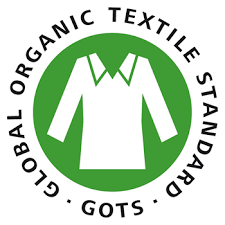
Global Organic Textile Standard
What it certifies: Organic textiles
Organization type: Nonprofit
What certification means: Ensures textiles are produced through a set of ecological and social criteria, backed up by independent third-party certification of the entire textile supply chain. Examples of GOTS certification criteria include prohibiting environmentally hazardous substances in chemical inputs and prohibiting child labor at every point in the supply chain.
Examples of certified businesses: Avocado Mattresses, Hanna Andersson, Coyuchi
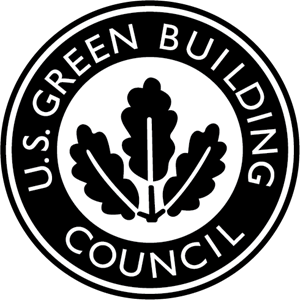
Leadership In Energy And Environmental Design (LEED)
What it certifies: Building constructions
Organization type: Nonprofit
What certification means: LEED buildings are certified to use less energy and water, avoiding waste, saving on maintenance costs, improving indoor air quality, offering comfort to their occupants, and creating less environmental burden on their community. An example of a LEED standard is building sites close to multiple forms of transportation including mass transit, bike routes, and pedestrian zones.
Examples of certified businesses: Soldier Stadium in Chicago, the Salt Lake City Library, the Shanghai Tower in Shanghai, China
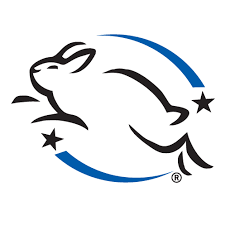
Leaping Bunny
What it certifies: Animal care, personal care, household products, cosmetics
Organization type: Nonprofit
What certification means: Leaping Bunny certifies that a product is free of any animal testing throughout all formulations and ingredients of certified products.
Examples of certified businesses: Avalon Organics, Burt's Bees, Mrs. Meyer's Clean Day
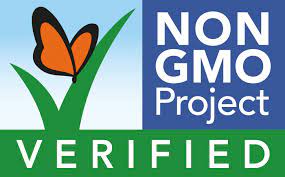
Non-GMO Project Verified
What it certifies: Foods, beverages, body care products, vitamins and supplements, pet foods, over the counter drugs
Organization type: Nonprofit
What certification means: Products have been evaluated by one of Non-GMO’s technical administrators to be free of genetically modified ingredients.
Examples of certified businesses: Alvarado Street Bakery, Blue Diamond Almonds, Califia Farms
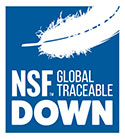
NSF Global Traceable Down Standard
What it certifies: Down in home goods and clothing
Organization type: Nonprofit
What certification means: The standard ensures that down and feathers in garments and other household and commercial products come from a responsible source that respects animal welfare and can be transparently traced. Examples include not allowing the removal of feathers from live fowl.
Examples of certified businesses: Big Agnes, The North Face
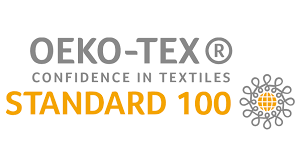
OEKO-TEX
What it certifies: Textile and leather products
Organization type: Nonprofit
What certification means: Oeko-Tex labels and certificates confirm the human-ecological safety of textile products and leather articles from all stages of production (raw materials and fibers, yarns, fabrics, ready-to-use end products) along the textile value chain. Examples of Oeko-Tex standards include prohibiting formaldehyde and heavy metals in the production of materials.
Examples of certified businesses: Brooklinen, Britannica Home Fashions, WestPoint Home
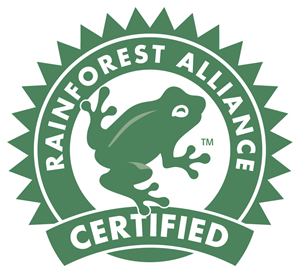
Rainforest Alliance Certified
What it certifies: Agricultural products and ingredients, forestry products, tourism businesses,
Organization type: Nonprofit
What certification means: Rainforest Alliance Certified products or ingredients look to protect forests, the climate, human rights, and an individual’s livelihood. An example includes requiring that farm workers wear personal protective gear and that certified businesses include labor protections.
Examples of certified businesses: Certain ingredients in Clif Bar & Company and Tom’s of Maine products
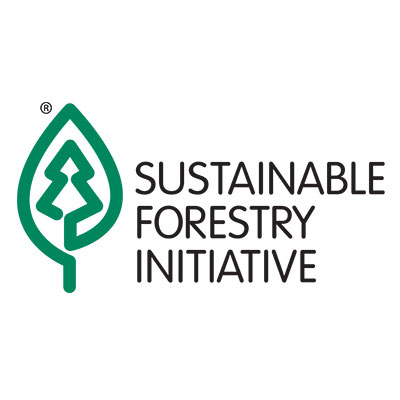
Sustainable Forestry Initiatives
What it certifies: Forest-sourced products including wood, paper, and fibers
Organization type: Nonprofit
What certification means: Certification looks to protect biodiversity, species at risk and wildlife habitat, ensure sustainable harvest levels, protect water quality, and prompt regeneration. Examples of these standards include requiring forest management programs that promote the conservation of native biological diversity.
Examples of certified businesses: Willamette Falls Paper Company, Anchor Paper Company, Scotties Facial Tissue
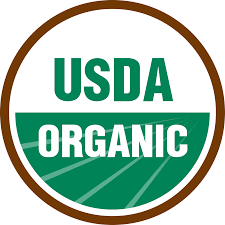
USDA National Organic Program
What it certifies: Food and beverages
Organization type: Government
What certification means: Producers rely on natural substances and physical, mechanical, or biologically based farming methods to the fullest extent possible. Foods are grown and processed according to guidelines addressing soil quality, animal raising practices, pest and weed control, and use of the additives. One example includes requiring fields to be free of non-organic pesticides for at least three years prior to organic certification.
Examples of certified businesses: Kirkland Organic Ground Beef, Horizon Organic Milk, Dave’s Killer Bread
LOOKING FOR A PRODUCT OR CERTIFICATION NOT LISTED?
This is a large list of certifications you may come across but there are still dozens more for additional products and similar certifications. If you are looking to purchase a product that is not on the list, we recommend doing a quick search for certifications.
Send any recommendations our way for additional products and certifications and we will share to social media.
